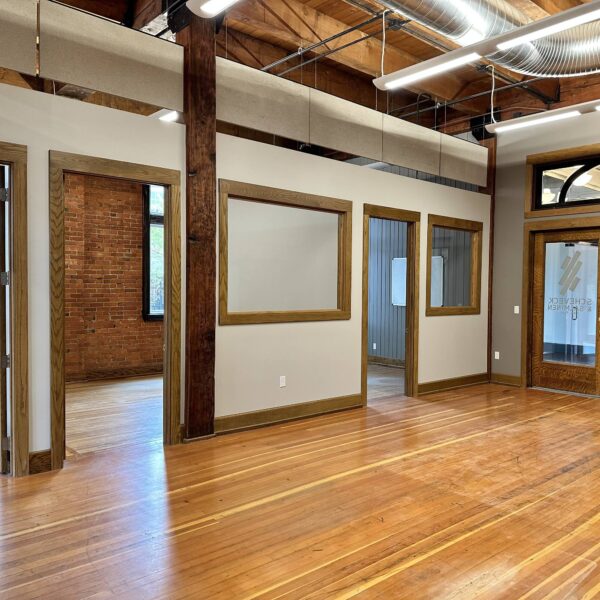Commercial real estate is a multifaceted sector offering a range of investment opportunities. From warehouses to undeveloped land, understanding the different types of commercial real estate is crucial for investors seeking profitable ventures. In this guide, we break down the various types of commercial real estate and what to consider when making an investment.
Retail Properties
Retail properties refer to buildings or spaces that are used for commercial purposes, such as shopping centers, malls, and standalone retail stores. These types of properties typically generate income through rent paid by retail businesses. When investing in retail properties, factors to consider include location, foot traffic, competition, and the financial stability of potential tenants.
Office Buildings
Office buildings are another popular type of commercial real estate. These properties are typically used for business operations and generate income through rent paid by businesses. When investing in office buildings, key considerations include location, quality of tenants, vacancy rates, and lease terms.
Industrial Properties
Industrial properties are used for manufacturing, storage, and distribution purposes. These types of properties can range from large warehouses to smaller industrial parks and generate income through rent paid by businesses. When investing in industrial properties, factors to consider include location, accessibility, infrastructure, and the financial stability of potential tenants.
Warehouses: A Haven for Investors and Businesses
Warehouses represent a significant portion of commercial real estate types. They are crucial for businesses needing storage and distribution facilities. When looking for a “Warehouse for Sale,” consider factors like location, size, and accessibility to optimize operational efficiency and returns. As an investment, warehouses provide a stable income stream through long-term leases and the potential for capital gains.
Investing in Land: Potential and Possibilities
Purchasing undeveloped land provides a blank canvas for investors, allowing for customization and development based on individual needs and market demands. “Land for Sale” offers flexibility and potential for substantial returns, depending on the development strategy employed. When investing in land, key considerations include location, zoning regulations, and potential for rezoning or development.
Location Analysis: Maximizing Commercial Real Estate Value
Whether it’s a warehouse or a piece of land, location is paramount in commercial real estate. It affects the property’s value, usability, and potential ROI. A strategic location will ensure accessibility, visibility, and a steady influx of potential customers or tenants. When analyzing location, there are factors to consider. Include population growth trends, income levels, competition, and infrastructure development plans.
Commercial Real Estate Market Trends: Staying Informed
Staying abreast of market trends is essential when exploring commercial real estate types. It helps investors to identify lucrative opportunities and make informed decisions, maximizing the likelihood of high returns on investment. Factors such as economic indicators, industry trends, and supply and demand should be closely monitored when considering commercial real estate investments.
Zoning and Legal Considerations: Navigating the Complexities
Before purchasing any commercial real estate, understanding zoning laws and legal constraints is crucial. These regulations determine the permissible uses of the property and can significantly impact the feasibility and profitability of the investment. It is essential to conduct thorough research and consult with legal experts to ensure compliance and avoid any potential roadblocks.
Financing Options: Fueling Your Commercial Real Estate Ventures
Exploring various financing options is vital when delving into commercial real estate. Whether it’s a bank loan, a private lender, or a partnership, securing the right financing will facilitate the acquisition and development of the property. Consider factors such as interest rates, terms, and the lender’s reputation and track record when selecting a financing option.
Risk Assessment and Management: Safeguarding Your Investment
Assessing and mitigating risks associated with commercial real estate types is integral to protecting your investment. Due diligence, market research, and comprehensive planning are key to identifying and addressing potential risks early on. Developing contingency plans and regularly monitoring the property can also help mitigate risks and safeguard your investment.
Sustainability and Environmental Concerns: A Modern Imperative
With a growing emphasis on sustainability, considering environmental impact and eco-friendly practices is becoming increasingly important in commercial real estate. Implementing sustainable solutions can enhance property value and appeal to a broader range of tenants or buyers. Factors to consider include energy efficiency, waste management, and green certifications. By prioritizing sustainability, investors can also contribute to a healthier and more sustainable future for the community.








